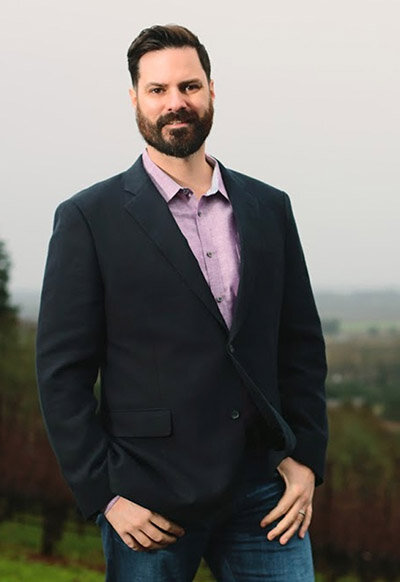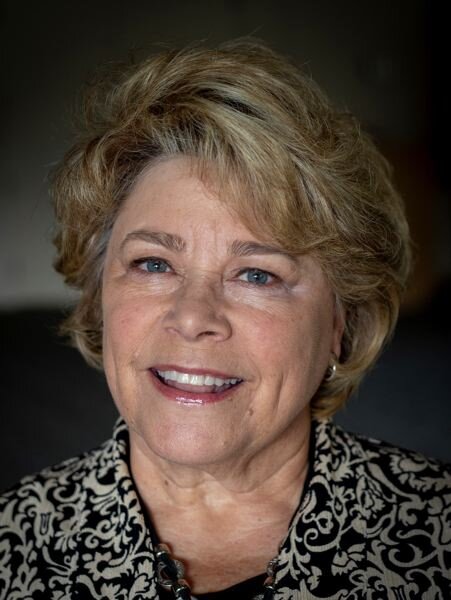In the pursuit of intentional dialogue, the WAIC team developed, discussed, debated, and approved a questionnaire for Wilsonville’s Mayoral and City Council candidates. Our goal is to raise awareness of Wilsonville’s greatest diversity, equity, and inclusion gaps, and how we together might solve them.
After reading this, check out their responses on transportation, homeownership, police oversight, and homelessness.
If COVID-19’s change to a greater emphasis on work and school from home has taught us anything, it is that access to affordable high-speed internet (broadband) service is an essential utility. Limited programs exist through the federal and state government for lower-income families, and there’s a major gap between these programs and affording the lowest cost market-rate broadband.
If Wilsonville is going to help reduce the K-12 achievement gap between racial and ethnic groups and income levels, we must take action to secure that affordable broadband is in every home.
5. How would you address the need to secure affordable broadband as an option in every home, especially for our historically marginalized and disadvantaged communities?
Mayor candidates:
Julie Fitzgerald
I would work with City staff to research options to expand on the infrastructure we already have to achieve secure affordable broadband infrastructure, and then advocate with local, regional, and federal partners for funding. An improved digital inclusion strategy for our region and city could mean improved affordable access strategies, affordable connected devices, community training, and support — to overcome the digital divide, and expand opportunity building in our community for youth, education, and business.
Ben West
The best way to make sure that there is not a disproportionate impact on marginalized communities is to safely open our schools as soon as possible. We need to do what is best for your kids, and not what is in the best interest of politicians. Kids are not learning and families are struggling because our schools continue to be closed. As a registered nurse I have read evidence based studies that show there is a reasonable pathway to open our school sooner than later.
Additionally, we can continue to partner with Wilsonville Community Sharing to make sure that those that are having a difficult time paying utility bills have the assistance they need. It is important that we work the school board and other intergovernmental agencies to help our most vulnerable have a critical safety net.
City Council candidates:
Joann Linville
When Wilsonville was requested to forward its legislative priorities to the Oregon League of Cities, the availability of broadband services was not on the original list of our priorities. The legislative priorities had been derived from Council planning sessions conducted in 2019. Clearly, those priorities could not have anticipated the coming pandemic and need for equitable access for parents to work from home and children to attend school from home. It was apparent to me that this change in priority was critical to addressing broadband access to rural communities only. As we move to the next planning of priorities for our City Council, I will ensure this issue will continue to be included in our list of priorities. Recent studies had indicated that a focus on providing broadband only to rural communities actually creates the potential for increased unequal access for marginalized and disadvantaged populations that are often centered in urban or suburban areas. Expanded broadband to rural areas often increases access to majority populations thus furthering the equity gap.
As stated in the Wilsonville Spokesman, July 22, 2020, “Though it wasn't initially included as one of the four priorities, Councilor Joann Linville advocated for the imperative to expand technological access for diverse populations — and the rest of the council, other than Councilor Ben West, agreed.
The LOC said it will "partner with schools, health care, and other stakeholders to ensure technologies are relevant, available, affordable and accessible," through this objective.
Linville noted that the COVID-19 pandemic has exacerbated inequality among socioeconomic groups when it comes to access to technologies, which are needed for schooling, health care, and other services.
"If we're talking about statewide issues, it's a crisis that's got to be addressed pretty soon. I also think there's a possibility there might be federal money coming down that could assist with this," she said.
West wanted to keep the priority to invest in housing and services but the council chose to include support for that objective as a note in its response letter rather than as one of its four recommendations. Part of the council's rationale for this decision was that it already included an item to expedite the siting for shelter and affordable housing.”
John Budiao
No response provided.
All of the candidates were provided the same timeline to respond. After multiple attempts to reach out to candidate John Budiao, we were still unable to receive any responses. We will update our website with his response should it become available.
Imran Haider
It would be awesome to have a program or work with one of these Goliath companies or even a local broadband company to provide those in our community subsidized or free access to the internet that are in a qualified category. Now that we have experienced full-fledged virtual learning with COVID-19, we need to make sure that children can get online with a reliable signal to communicate with their teachers and submit assignments.
I would like to look at a program similar to what was stated above. What options do we have working with a company to make this happen? What would the city need to pay and where would that money come from? Or, is there a way we can produce those funds with our ideas.
Kristin Akervall
I agree that reliable internet access is key in addressing the K-12 achievement gap and opening opportunity for all our community members. Our partners at Clackamas County have been discussing this very topic as well. The Clackamas Broadband eXchange program has constructed nearly 200 miles of broadband infrastructure. Initial cities being served by this program include Milwaukie, Oregon City, Gladstone, Damascus, Boring, Sandy, Estacada, Colton, Molalla, and Canby, and extensions of this initial infrastructure have also brought broadband to Wilsonville on the East side of the City.
I want to explore if we can partner with the work being done in the County to strengthen the opportunities for access in Wilsonville. We also need to seek input from our school district (that has been providing some hotspots to students), local community college (that also provides a hot spot), and local businesses in this work. This seems like an area for us to collaborate with our partners—to both learn from the work they have already completed, but also better understand the needs and associated challenges in coverage.








